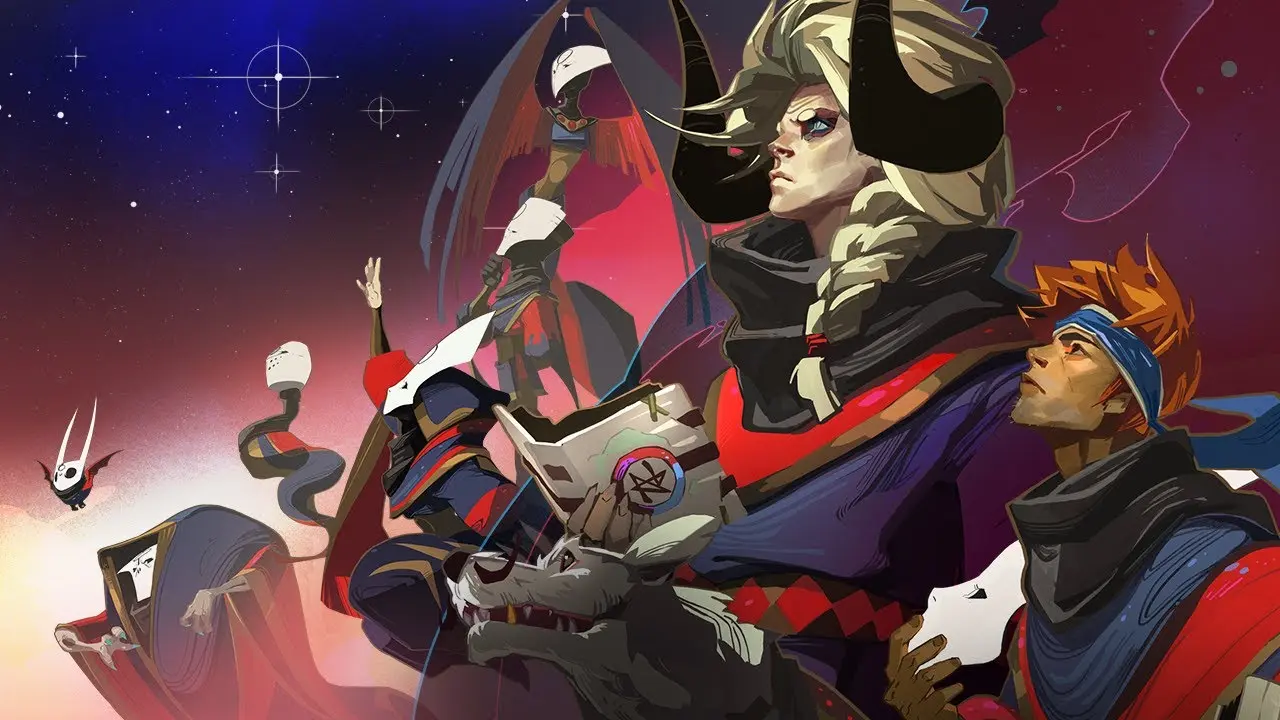I’m not a good writer (not in the slightest), but that shouldn’t prevent me from being critical of the popular narrative games out there. After trying a lot of them, most of the time I end up not caring at all about the characters, and when I do, the story drags on for way too long. I have played many of these games while doing research for making my plugin Dialogic. At this point, I can’t say I’m a fan of the genre. I do, however, believe that is because it has been wildly underutilized, so I think it does have a lot of potential. Recently, while making my own narrative game, I’ve been thinking a lot about it, so I wanted to write down some thoughts.
To clarify, when I say “narrative games,” I’m referring to those games in which the gameplay primarily happens in the story. In most traditional games, you solve problems by shooting, killing, or mechanically outsmarting an enemy. But in narrative games, you do things at your own pace, and the “bullets” you have in your arsenal are the information you gather over the course of the playthrough. That doesn’t mean there won’t be killing or mechanically demanding parts throughout the game, but they are not the main focus. If they exist, they are usually a way to break the monotony of the dialogues.
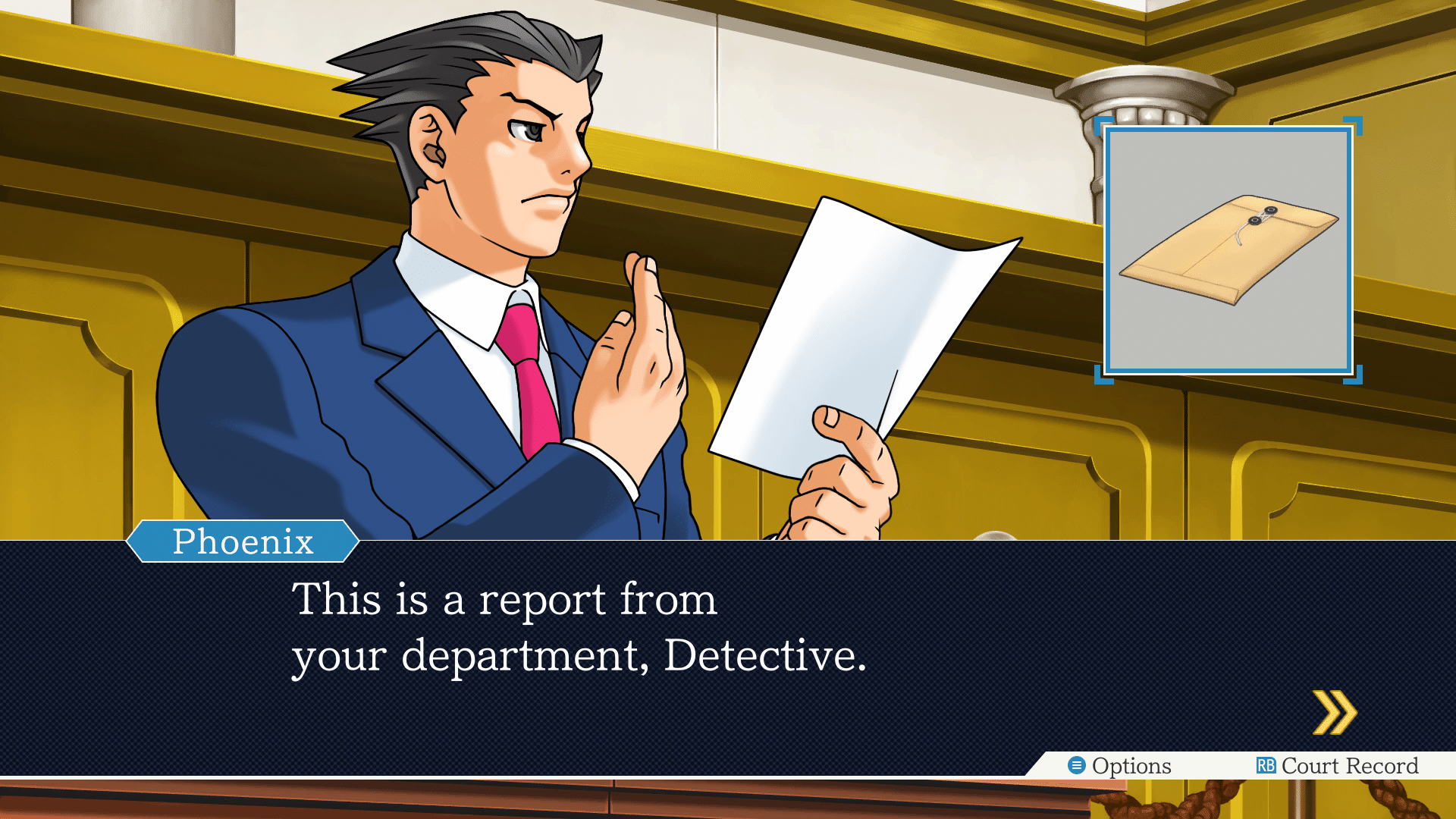
Probably one of the most popular kinds of narrative games is the “detective” type. While dialogue is usually the way to convey information, in games like The Case of the Golden Idol, you need to pick up clues from letters, documents, books, or anything that is presented to you to make sense of what is happening. Then, there are more traditional games like Ace Attorney, in which you have to talk with characters involved in a criminal case to figure out what happened. Crime investigation and puzzles are very common themes in narrative games, and I feel they fit the genre well. The “action” happens before you arrive, and the puzzles are a sufficient representation of the “thinking” gameplay. I only played one of the Ace Attorney games in the series and, while I don’t remember a lot of the individual cases right now, it was a very fun experience with enough humor to make it enjoyable.
There are other excellent takes on the “detective” genre with games like Her Story or Immortality from Sam Barlow, which are very unique. In both, you have to piece together a story by watching unordered video clips, so the “content” lives in the words of the characters, and it will not show you an explicit “you win” screen when you put the pieces together. The “you win” screen is the realization of what happened and the satisfaction of understanding the story. You can’t really get the same feeling from stories like these on a cinema screen. There is something special about being the one who has to be actively engaged and not just a passive observer.
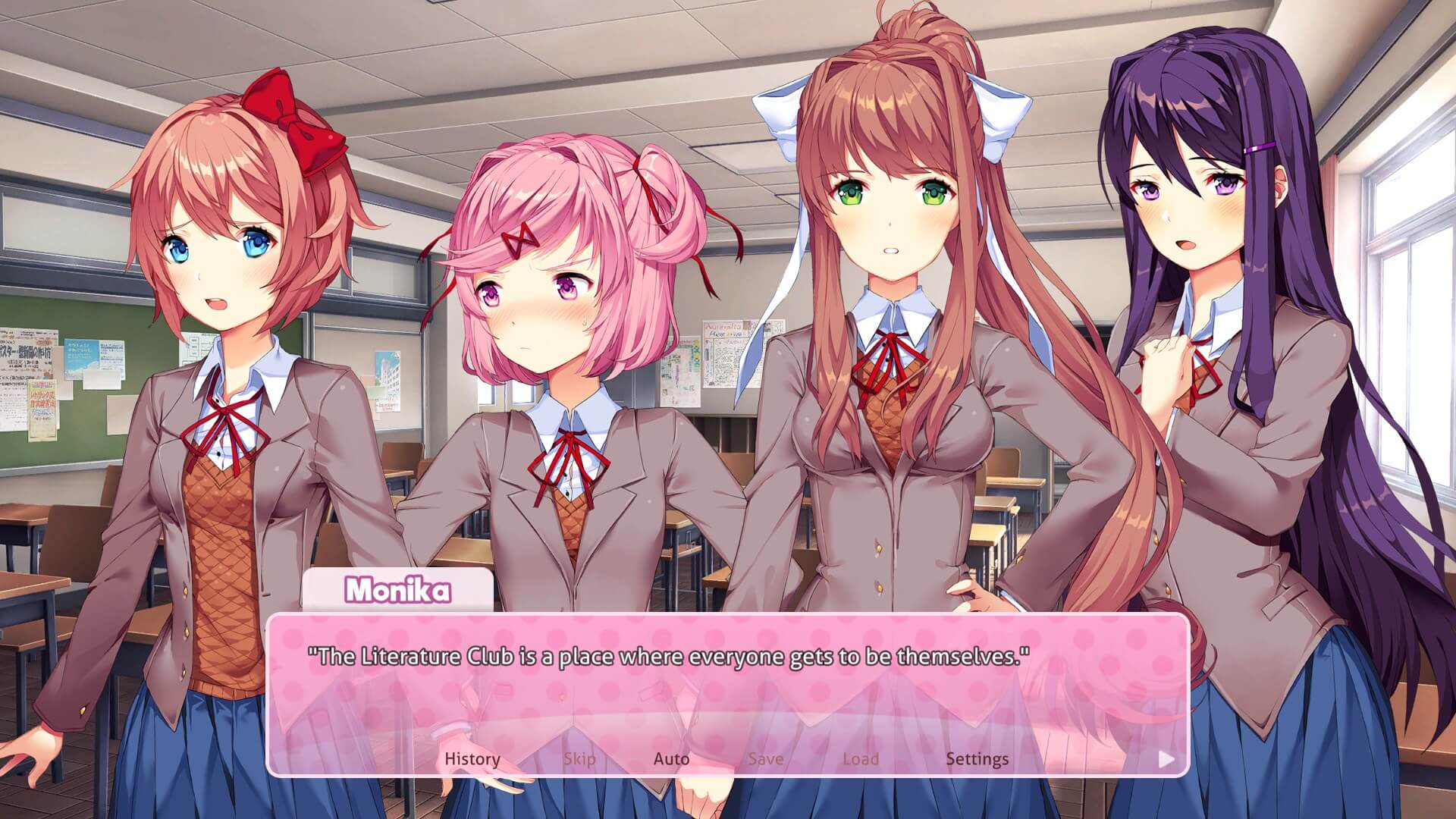
“Traditional” visual novels are a tricky subject. Most of us know about their existence but probably haven’t played any, and the biggest ones in the Western mainstream are parodies of the genre, like Doki Doki Literature Club! or Hatoful Boyfriend. Since they are usually also grouped with the “dating simulator” genre, they are the perfect marketing stunt for companies that want to make a cheeky game with their franchise characters, such as KFC or Overwatch. While doing something like this can be fun in some cases, when done too many times, it starts to undermine the genre and puts it in the “joke” category. They mostly end up being treated as if romance is something not to be taken seriously because, you know, killing is what video games are for, right?
Romance is a prominent theme and a good fit for narrative games. You can drive the motivations of the cast or the player by making them care about certain characters and presenting them with different choices to improve their relationships. Games like Boyfriend Dungeon or Dream Daddy play a bit into the meme of the genre but try to deliver a game that’s not just a marketing ploy. Still, more and more games have started using this mechanic to advertise themselves to a thirsty audience that is only looking forward to the smut.
Examining other subgenres, I feel like behemoths such as Baldur’s Gate 3 have been leaning into the narrative side of their games. They got in the news because of the romance options (particularly the ones involving a bear), and not the RPG combat mechanics. I know many people would not consider Baldur’s Gate to be exclusively a narrative game (many insist on calling it a “CRPG”), but I haven’t seen many people talking about the way-too-many turns to kill a goblin; they talk about the characters they like and the relationships they build. I’m not saying that the combat is bad, but in my opinion, it is extremely forgettable and there should be less of it. I had the same issues with The Witcher 3.
Going back to traditional visual novels, I can’t say I’m a fan of them. I tried playing popular Western titles such as VA-11 HALL-A or The Red Strings Club, but I couldn’t get past the writing. They both have excellent reviews, so there’s clearly an audience who likes those games, but I couldn’t get past the first hour without being bored out of my mind or cringing at the dialogue.
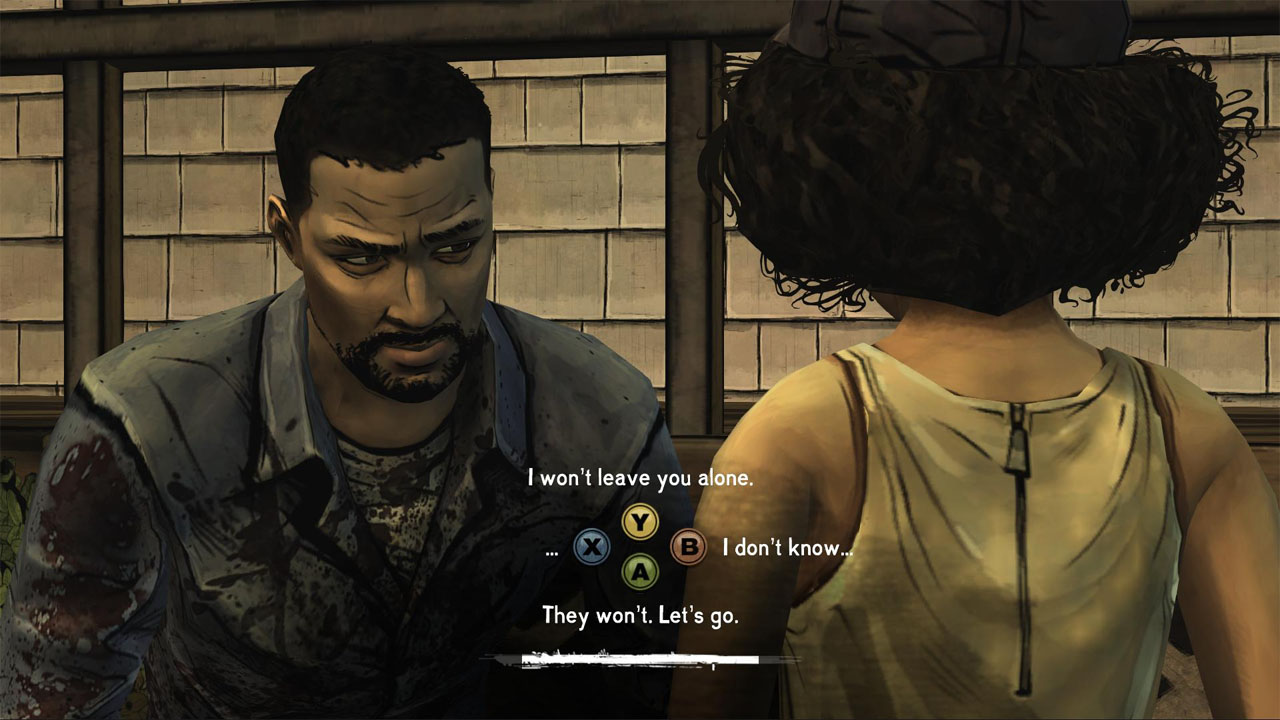
When it comers to existing IPs, not too long ago a now defunct company called Telltale Games pumped out a crazy amount of narrative games based on them: The Walking Dead, Monkey Island, Batman, Game of Thrones, you name it. Most of those games were very similar looking, with a choose-your-own-adventure feel, but they ended up being too linear for my taste. Along the game, you get presented with a lot of non-choices that result in the same outcome. Meaningful choices are obviously hard and costly for a game studio to deliver, so they don’t. Hence, the butterfly effect of choosing something “wrong” at the beginning of a story could result in a completely different ending down the line. In reality, most games only have the budget for two or three endings (if you are lucky), so the more you play, the more you feel like your choices don’t matter. Each time you “choose wrong”, you can peek behind the gameplay curtain and the illusion is shattered. This wouldn’t feel bad if they didn’t create the expectation that you’ll be able to steer the fate of the heroes, but as soon as your agency gets taken away, any justification given will fall flat.
Linear is not always bad, games like Firewatch manage to tell you a compelling story while having a very linear narrative. The choices given to you are more superficial and only alter the amount of information you get to obtain. The main story beats are the same for everyone. Their predictability results in better plot twists or character development that would be impossible to achieve if the story was branched out in many different directions.

Then, we have the cinematic narrative games, which are very confused about what they want to be. Many times, they try to recruit popular Hollywood actors and give you very little input, so you end up seeing subpar performances through stiff 3D models with questionable voice deliveries, to the point where I often would have preferred that those were movies, short films, or series instead of a game. They are overly pretentious, and they cost a fortune to make, all in the hopes that they get the recognition that Hollywood has. But no one will. We will never be Hollywood. I don’t care for movie-like games that force players to perform quick-time events. When you fail, you have to rewind and repeat, and the story often feels like a random Netflix filler. I hope we give up on this category altogether. Let movies be movies, and let games be games. They are different mediums, each with its own strengths. In my opinion, “Cinematic games” combine the worst aspects of both. This said, although these aren’t my favorite type of narrative games (a shocker, I know), I do appreciate how they display text as subtitles. It makes sense to showcase more of the game’s visuals, especially when its main appeal is graphical fidelity.
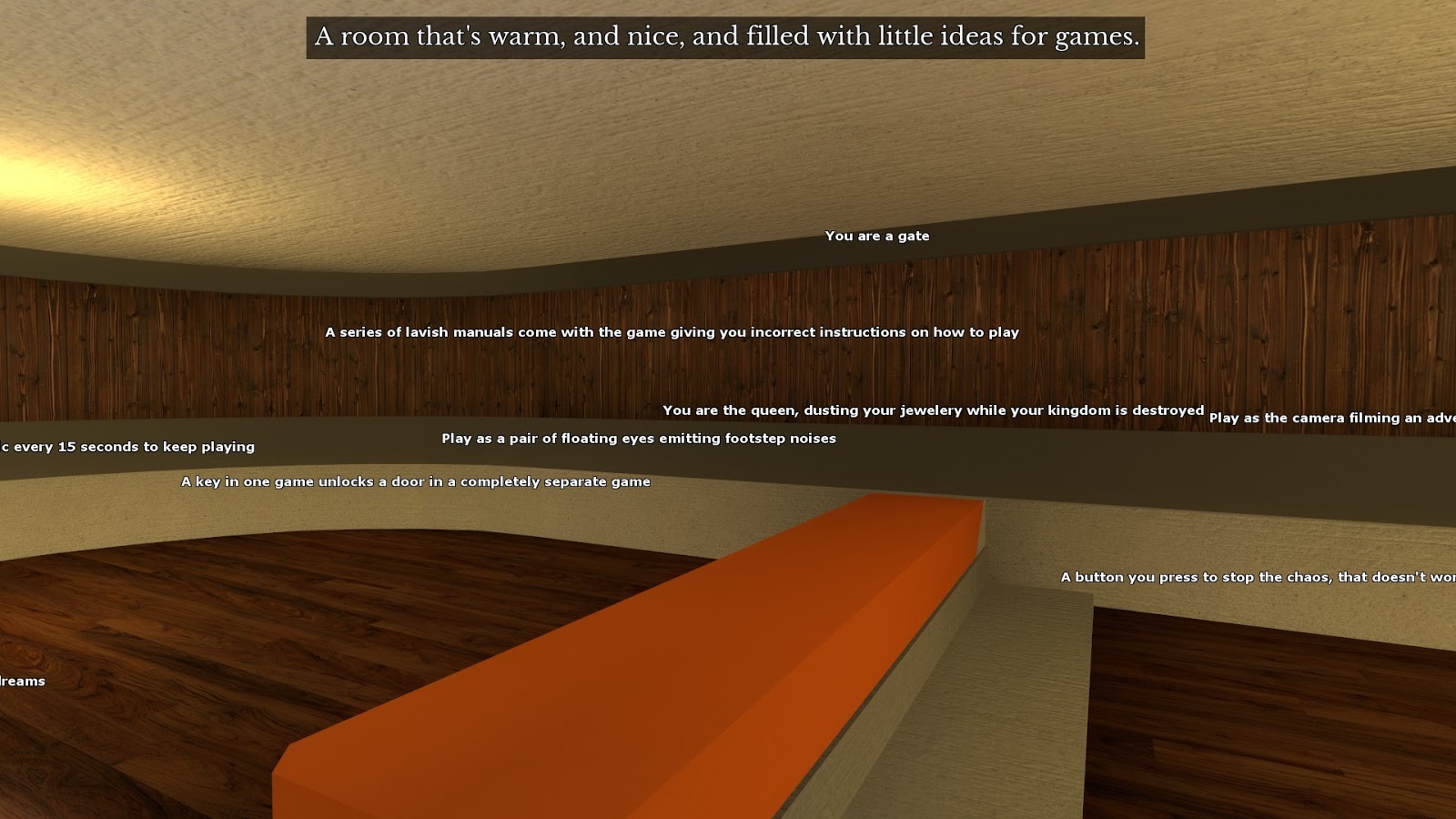
Lastly, I would like to talk about “mental health” games. While they sometimes do a good job at representing the challenges of dealing with these issues, they often feel extremely shallow. I probably missed the meeting where most millennials decided that we need yet another narrative game with an obvious metaphor for depression. Many of the games that try to address this topic believe they are being very subtle or “artsy” about it. They will later try to surprise you with the big reveal that it was depression all along, when in reality, you can guess it from the first minute. To me, it is the narrative equivalent of trying to make a story, not knowing how to end it, and making it “all just a dream.”
I don’t want to undermine the real struggles that people face in their everyday lives, but when the topic becomes a cliché, and all the games are the same, you start to wonder if the writers have genuine intentions or if they are just imitating what they saw in other popular media. We’ve all seen Fight Club; it is not a surprise that both main characters were the same person all along. I wouldn’t be so critical of this category if it weren’t for the fact that, lately, wherever I go, I keep running into more and more games that are clones of each other. I do wonder if they have anything new to add to the conversation.
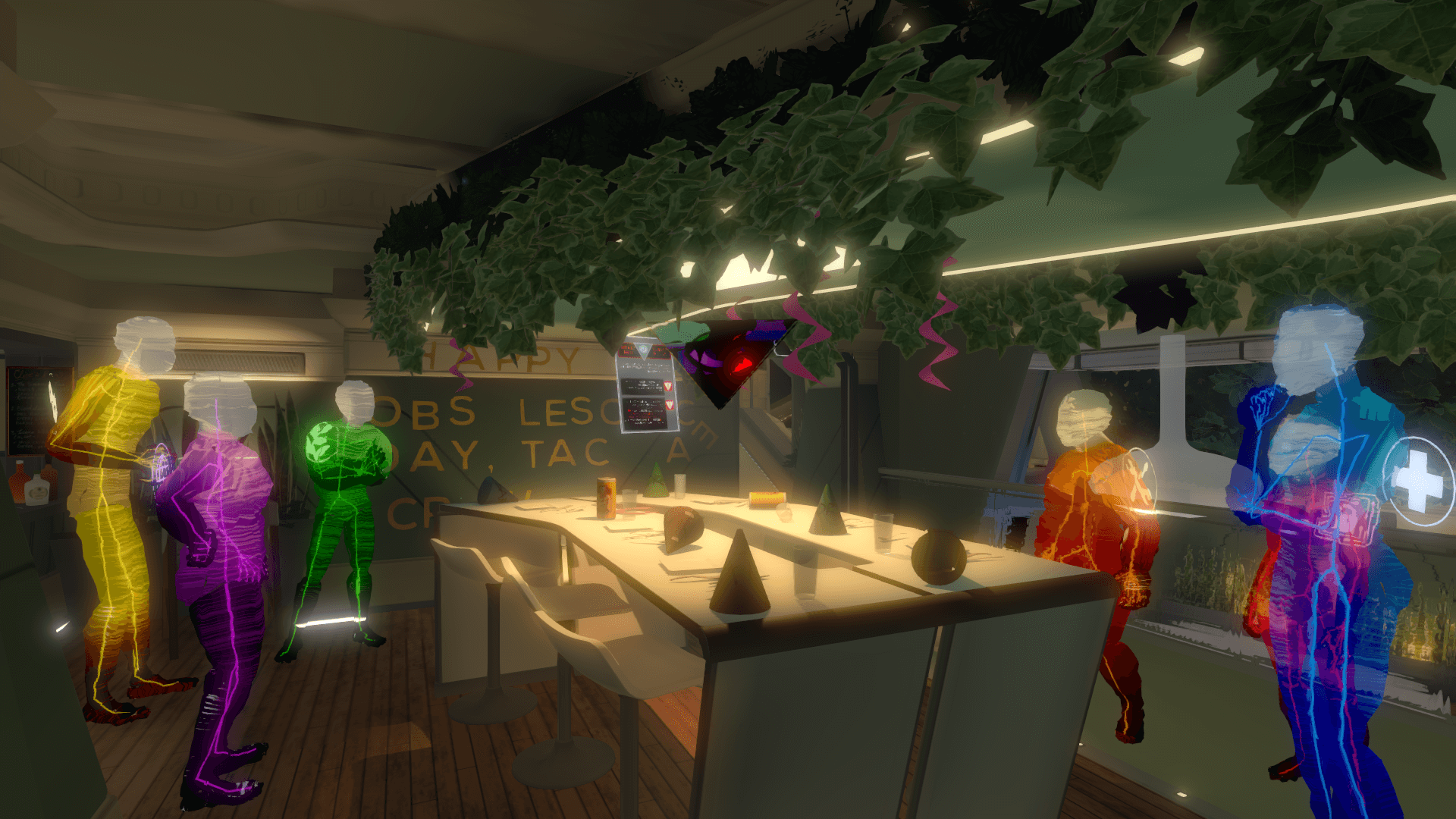
To end on a more positive note, I would like to highlight some of the narrative games that I really like and am happy I was able to experience. I don’t want to give away too much because, while it is easy to review a mechanically demanding game, it is harder to talk about a story without spoiling it. So I’ll just leave a list of narrative games I enjoyed and believe are great examples of the virtues of the genre, and I hope you give them a try:
- Tacoma, or “what the braindances of Cyberpunk 2077 wanted to be”
- Immortality, a game that uses actors properly
- Pyre, a narrative-heavy game with a charming cast and some basketball from hell
- Firewatch, excellent dialog without ever seeing a human face
- The Beginner’s Guide, especially if you grew up making half-life maps
And I don’t know, maybe it was all just a dream and you wake up now.
